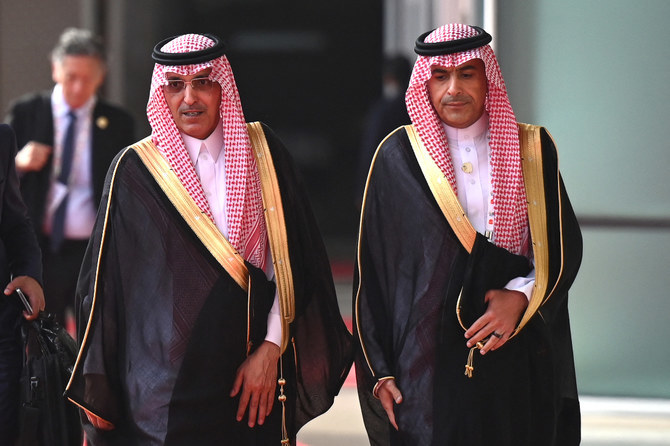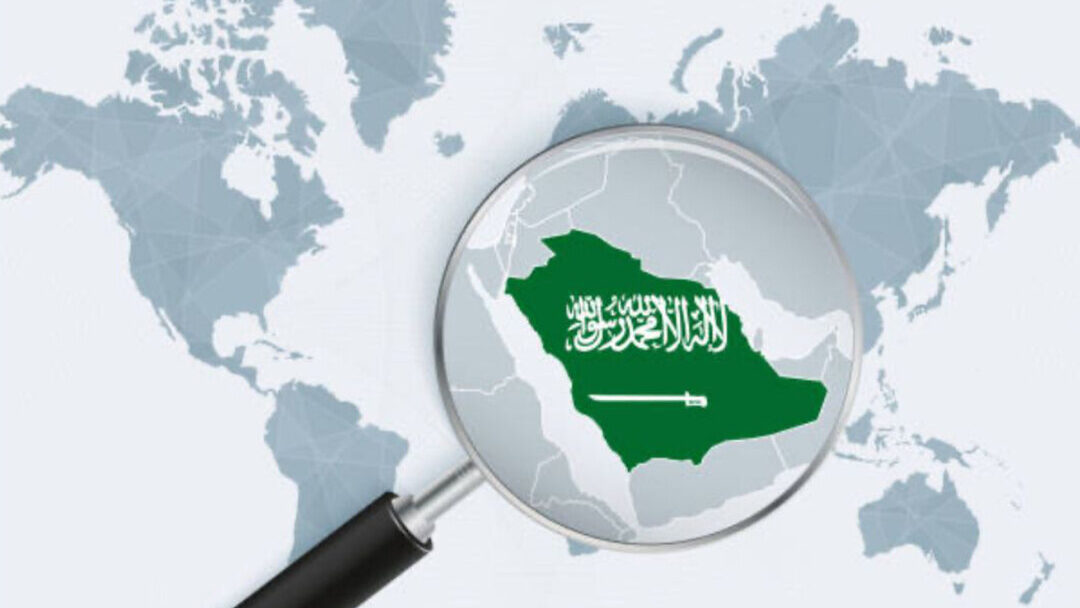Saudi Arabia is fast becoming a central force in shaping international financial policies. Through a mix of high-level appointments, strategic partnerships, and a forward-thinking economic agenda, the Kingdom has carved out a more prominent role on the global economic stage. The country’s deepening engagement with the International Monetary Fund (IMF) and its leadership in the International Monetary and Financial Committee (IMFC) showcase a strong commitment to strengthening global economic cooperation and stability.
Leading the IMFC: A Landmark Appointment
In a significant milestone, Saudi Arabia’s Minister of Finance, Mohammed Aljadaan, was appointed Chair of the IMFC in December 2023. His three-year term officially began on January 4, 2024. The IMFC, often regarded as the IMF’s most influential advisory body, helps guide international monetary and financial policy and shapes decisions on issues ranging from debt relief to financial stability.

Aljadaan’s appointment marks the first time a representative from Saudi Arabia has held this prestigious position. It reflects the growing trust and confidence the global community places in the Kingdom’s financial leadership. As IMFC Chair, Aljadaan is expected to play a vital role in steering policy discussions, especially at a time when the global economy faces a host of interconnected challenges — from rising inflation and public debt to geopolitical risks and the lingering effects of the COVID-19 pandemic.
Before becoming Minister of Finance in 2016, Aljadaan chaired the Capital Market Authority of Saudi Arabia. He has since led critical reforms in public finance and played key roles in global financial dialogues, including as a representative at the G20. His extensive background in both regulatory frameworks and economic strategy makes him a strong fit to guide the IMFC.
IMF Chief Praises Saudi Arabia’s Global Economic Role
IMF Managing Director Kristalina Georgieva has repeatedly praised Saudi Arabia’s economic progress and its contributions to global financial stability. Speaking at the World Economic Forum in Davos in January 2023, she referred to the Kingdom as a “bright spot” in the global economy. She applauded the nation’s fast-tracked reforms, particularly those tied to Vision 2030 — a national transformation program focused on reducing oil dependence and building a diverse, innovative economy.
Georgieva emphasized how Saudi Arabia has managed to push forward with economic reforms, attract foreign investment, and stabilize growth, even during global economic uncertainty. She highlighted the country’s efforts to digitize its public sector, support green energy initiatives, and empower private enterprise.
In a later statement in November 2024, Georgieva reaffirmed the IMF’s appreciation for Saudi Arabia’s proactive international role. She noted that the Kingdom has consistently offered support to nations facing economic shocks — from those impacted by the pandemic to countries suffering the effects of war and political unrest. Saudi Arabia’s financial aid and policy coordination efforts have proven crucial for economic resilience across several developing and emerging markets.
Driving Dialogue: The Al-Ula Emerging Markets Conference
Demonstrating a forward-thinking approach to international cooperation, Saudi Arabia partnered with the IMF to launch a new global conference for emerging economies. Known as the Al-Ula Conference for Emerging Market Economies, the first edition of this annual event will be held on February 16–17, 2025, in the historic city of Al-Ula.
This conference will bring together finance ministers, central bank governors, leading economists, and private sector leaders from around the world. The main agenda: how emerging markets can build inclusive prosperity, financial resilience, and long-term economic sustainability. Topics such as climate finance, digital innovation, debt management, and sustainable infrastructure will be at the forefront of the discussion.
By co-hosting the event, Saudi Arabia is positioning itself as a bridge between developed and developing economies, advocating for fairer global systems that better support vulnerable nations. The Kingdom’s hosting of the event also signals its ambition to not just participate in global dialogue — but to lead it.
Aligning with Vision 2030: A Strategic Push for Global Influence
Saudi Arabia’s push to strengthen its voice in global economic governance aligns with the long-term goals of Vision 2030, the national development blueprint launched by Crown Prince Mohammed bin Salman. One of the central pillars of the vision is expanding the Kingdom’s global influence — not only through trade and diplomacy but by shaping the rules of the financial system.
Through the reforms outlined in Vision 2030, Saudi Arabia is actively reducing its dependency on oil revenues by investing in sectors such as technology, tourism, entertainment, manufacturing, and financial services. The country’s Public Investment Fund (PIF) has also become one of the world’s largest and most active sovereign wealth funds, channeling investment into projects that promote innovation and sustainability.
By taking leadership roles in institutions like the IMF and IMFC, Saudi Arabia is ensuring that its vision and interests are represented in major policy-making arenas. It also helps reinforce investor confidence, boosts the country’s creditworthiness, and enhances its diplomatic relationships.
A Long-Term Global Economic Player
Looking ahead, Saudi Arabia is expected to continue expanding its influence across international financial platforms. Its leadership in multilateral bodies and its willingness to support global economic recovery efforts have earned the Kingdom respect from international peers.
From stabilizing oil markets through OPEC+ coordination, to supporting debt relief in low-income countries and financing development in Africa and Asia, Saudi Arabia’s international economic engagement is broad and impactful. Its active role in global forums such as the G20, the IMF, and the World Bank shows a long-term commitment to being a responsible and influential actor in global finance.
As financial systems worldwide evolve — especially in the face of digital currencies, energy transitions, and shifting geopolitical power dynamics — Saudi Arabia appears poised to remain a key voice at the table. Through strong leadership, innovative partnerships, and a clear national strategy, the Kingdom is shaping not just its own economic future, but that of the global economy as well.
Do follow gulf magazine on Instagram
for more information click here



